The biggest winners at the 71st Palanca Awards
“We all say awards don’t mean anything until you win them. And [winning a] Palanca award is a great honor. It’s a great institution,” said Miguel Antonio Alfredo Luarca, whose full-length plays in both English and Filipino won in the 71st Carlos Palanca Memorial Awards for Literature. The ceremony was held on Monday, Nov. 27 at the Philippine International Convention Center.
“The winning entry for the Dulang Ganap ng Haba titled Nekropolis is a dystopic play which I wrote in the U.S., and was staged by Tanghalang Pilipino in April this year,” said the playwright also known in theater circles as “Guelan.”
Luarca’s other winning entry, Dogsblood, won first place in the Full-Length Play category. “It’s an adaptation of Ajax—an imagined future, post-Duterte. Very bleak. [It’s about] a policeman whose eyes are slowly opened to the realities of the drug war; and how it’s a war against the poor, and it’s a political tool to neutralize the enemies of the administration,” he told PhilSTAR L!fe in an online interview.
“These two plays were crafted here in the U.S. My classmates have read these works, and have commented on them and critiqued them. My teachers are all excellent. I am learning so much,” continued Luarca, who is completing his MFA in Playwriting at Hunter College City University of New York.
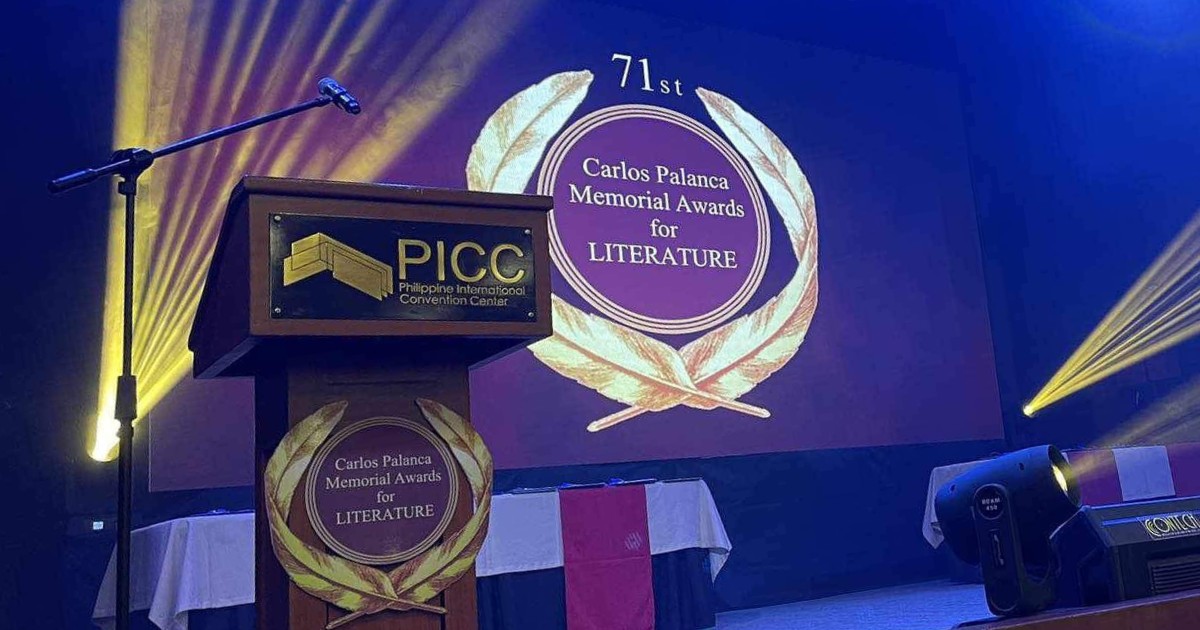
Ian Casocot brings home three second prizes
Ian Rosales Casocot won second prizes this year in three different categories: Bisaya for All That We Gugma, Poetry Written for Children; Don’t Follow Me, I Don’t Even Know Where I’m Going, Short Story; and The Midsummer of Manuel Arguilla, One-Act Play.
“It’s always a joy to win a Palanca,” he mused, adding that he now has a total of nine Palanca Awards.
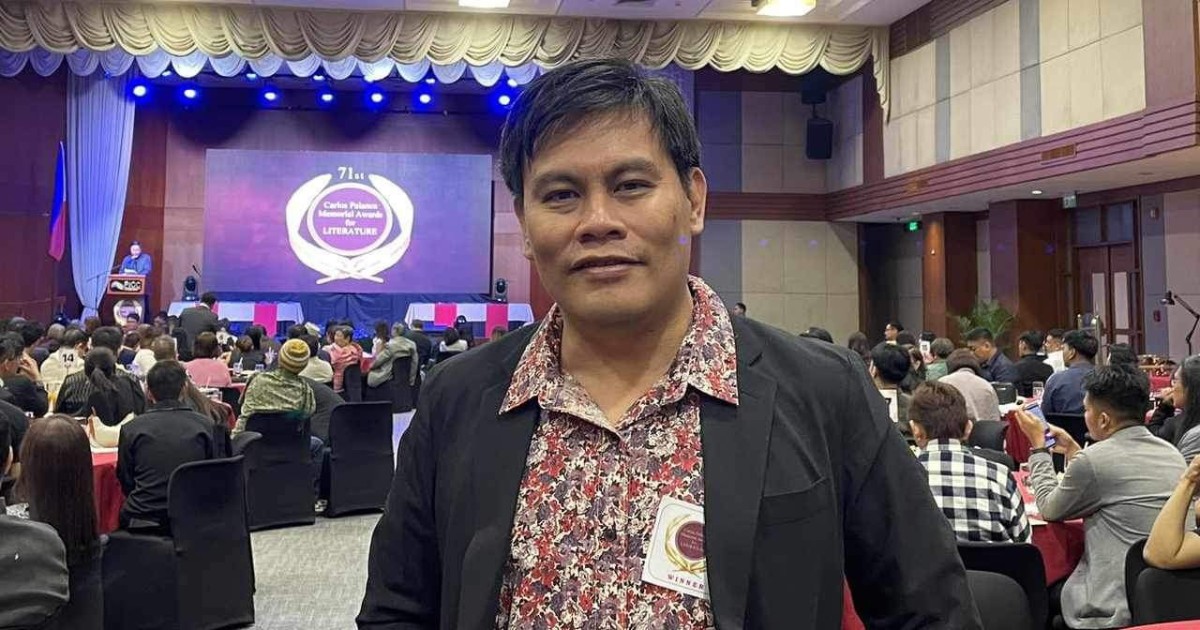
“I have always found the writing of plays daunting, even if I teach it [at the English Department of Silliman University]. But what’s even harder is poetry for children. The language, the rhyming, the imagination that caters to children! It took so much effort to do all these, but I wanted to write a series of poems that celebrate the Binisaya language that children will understand. I knew I had to do this,” he continued.
Definitely not beginner’s luck
“This year’s winners represent a broad range of genres, styles, and concerns, from physical and emotional separation to post-pandemic anxiety. We read a total of almost 180 entries, but the best ones—maybe a dozen of them—rose to the top quite easily. We were delighted to find that among our winners—aside from the usual suspects—was a new name with a fresh voice. That’s really what the Palancas should be about—the encouragement of writing talent across the board,” said Jose Y. Dalisay, Jr., who chaired the English division of the Short Story category.
Dalisay was referring to Katrina Torralba, who joined the Palanca Awards for the first time and won third prize for her short story Amadito and Amanda.
“It’s my first time to have a hand at fiction. If you had told me then where my first short story would take me, I would have thought you were nuts!” she said. Torralba looked back on how she initially worked on a new work that was “Palanca-worthy” that tackled “lipunan, environment.” Unable to finish it, she whipped out a backup piece; “the same one that got me to UP National Writers Workshop.”
Torralba recalled how it came to life: “I had a little over four hours left to submit a workshop assignment. I had forgotten it was the day of the deadline and promised my dad I would make him pocherong Bisaya for breakfast, one of the last meals I would ever cook for him.” The piece was an assignment for the workshop of Dr. Cristina Pantoja-Hidalgo. “Beadle Myrza Sison reminded me of the deadline.”
“I still can’t believe how lucky I’ve gotten. A kikay, rom-com story winning both a Palanca and a prestigious writing fellowship. Who knew?” she told L!fe.
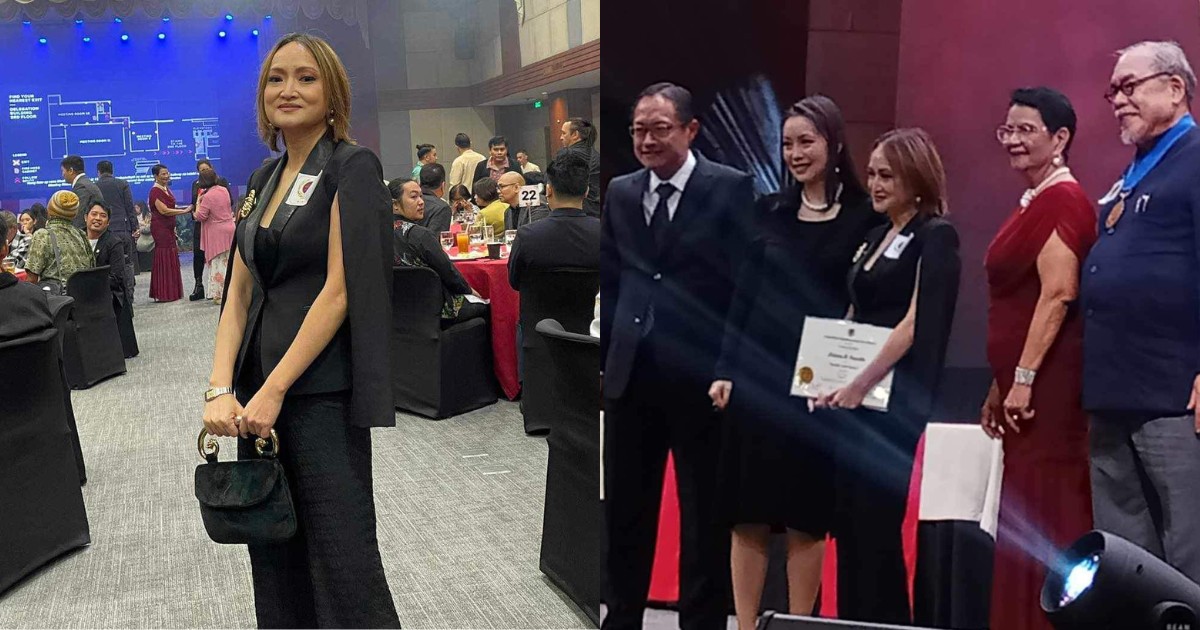
“It is not about whether we believe in beginner’s luck or not. Judging a literary contest involves judges who can recognize both talent and skill. We read, deliberate, open issues for discussion, then we choose and agree on all three winners,” said author and L!fe contributor Joel Salud, who chaired the jury of the Essay category.
‘’Yung huli ang mahirap kasi even judges have different ways of looking and appreciating a literary work. ‘Pag medyo strong ang entries, spotted mo agad ang magaganda,” he added.
Other First Prize winners
Author, lecturer, and former Philippine STAR columnist Exie Abola won the top prize this year for his Short Story in English titled Vile Creatures.
“This is my sixth prize,” he said. He’s received a total of four first prizes (three for the Short Story, one for the Essay), and two second prizes for the Short Story. “It’s my attempt at an aswang story. It sort of is one. It’s set in the present day, but uses the form of a tale,” Abola said.
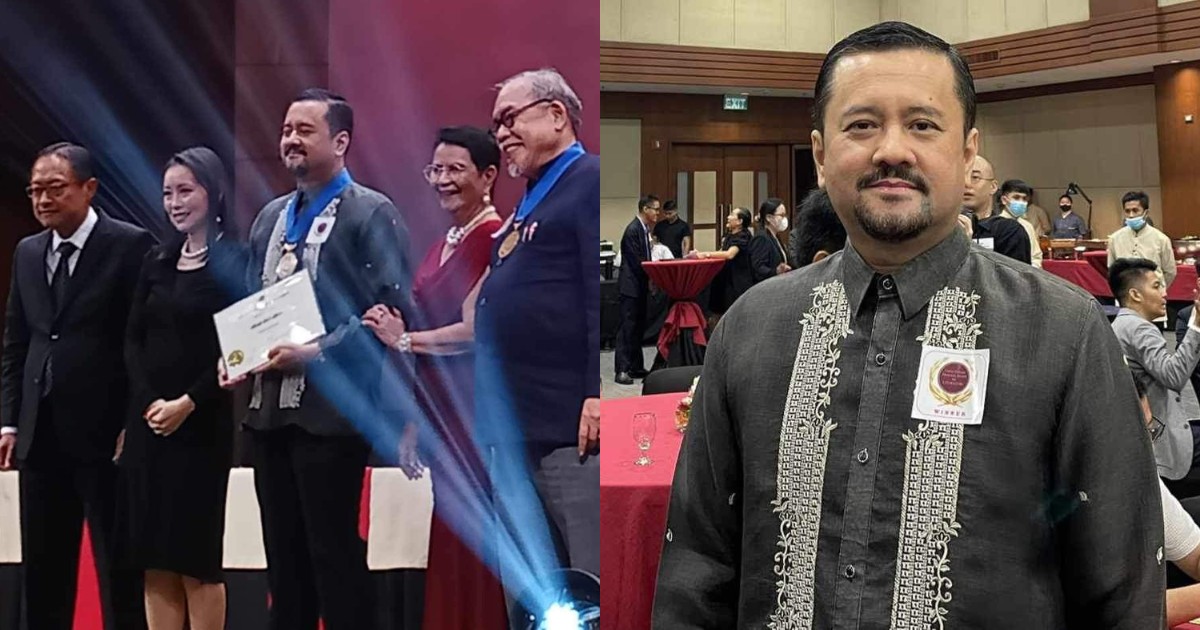
UP Visayas Associate Professor Jonathan Jurilla got the top prize for Dulang Pampelikula for his screenplay Love Child.
“It’s simple but very touching. It tackles the anxieties and struggles of parents who are hard up financially in raising an autistic child. What made the writer’s triumph more significant is we learned that he really has an autistic child,” said director Jeffrey Jeturian, who was a member of the jury for the category.
“Love Child started as a short film concept I pitched during a film mentoring initiative organized by [director] Arden Rod Condez during the pandemic. When the call for the 2023 Cinemalaya Filmfest entry was announced, I expressed my interest to join and again, I asked for pieces of advice from [him] and he asked me, ‘How would you want to be known as a filmmaker? What is your truth that you can tell with all sincerity and honesty?’ I long wanted to share my experience as a father to a child with autism spectrum disorder and I think this is it. This is my story. My truth,” Jurilla said.
“As I developed the script, he pushed me further and challenged me to join the Palanca Awards. I told him ‘no’ because I said there’s no chance for me [to win] the Palanca. I haven’t written for years and there are a lot of grammar nazis [at] the Palanca. He just laughed and said, ‘Not in the screenplay category because the judges will be directors and not grammarians.’ So, I joined,” he continued.
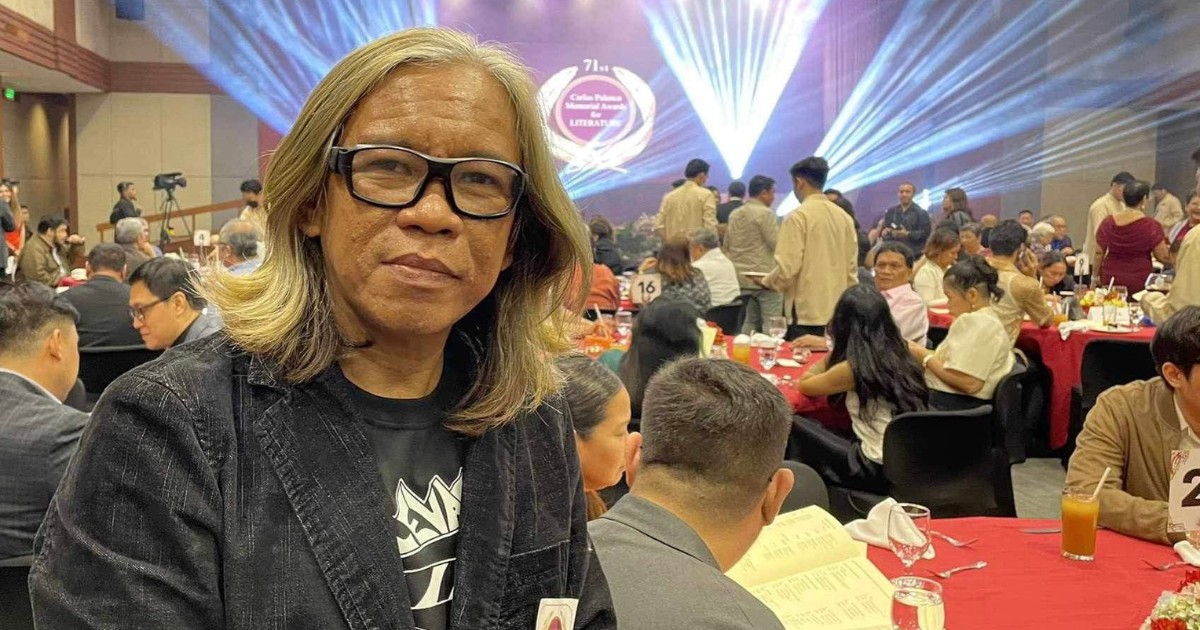
Written in Filipino, the judges’ comments of Maikling Kwento category first prize winner Peter Solis Nery, stated "Ang Tariktik is ambitious in handling the time and in the subject of a branch of science (ornithology) that is not always the subject of our stories, while also involving the possibility of presenting gender relations embedded in matters of race, and power in relation to forms of the repression of love and its liberation in the context of scientific investigation."
“This marks my first win in the Filipino Short Story category. I’ve already won Dulang may Isang Yugto, Dulang Ganap ang Haba, at Tula para sa mga Bata,” Nery said. A retired nurse, Nery is in the Palanca Awards Hall of Fame.
Mikael de Lara Co won first prize for his poem Epistolaryo ng Bagamundo at Ang Tugon ng Multo in the Filipino division. It is Co’s second Palanca in the Tula (in Filipino) category. He’s also won first prize twice, and won third prize once in the Poetry in English category. Co is into strategic communications; and is part of a community of writers formed during the pandemic called WiFi.
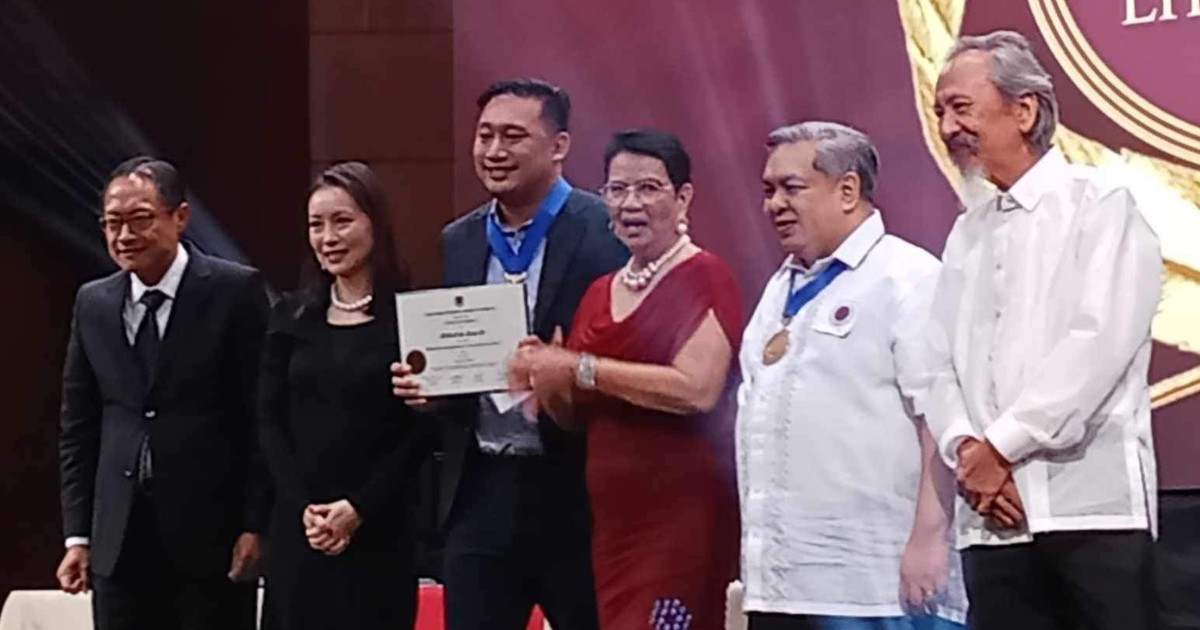
Eljay Castro Deldoc won the first prize for the second time, and after six years, for his work Ang Lipnayan ng Ating Katawan in Dulang May Isang Yugto category. “It's about a high school student who wants to prove that his Research teacher loves him, too. He did a ‘scientific’ study to prove that his claim was correct,” said Deldoc.
Named after businessman and philanthropist Don Carlos Palanca Sr. and sponsored by the Carlos Palanca Foundation Inc., the Palanca Awards is the longest-running and most prestigious literary competition in the country. It upholds the tradition of extending incentives for writers to cultivate Philippine literature continuously. A Palanca medal or recognition is highly coveted in the Filipino writing community here and abroad.
Since 1951, the Palanca Awards has conferred medals and certificates to a total of 2,526 Filipino authors, 26 of which became Hall of Fame awardees for having five first prize-winning works. In championing literature, the Palanca Awards also serves as a treasury of our literary gems, currently holding a total of 2,617 winning works in its archives, spanning the years 1951 to 2023.


